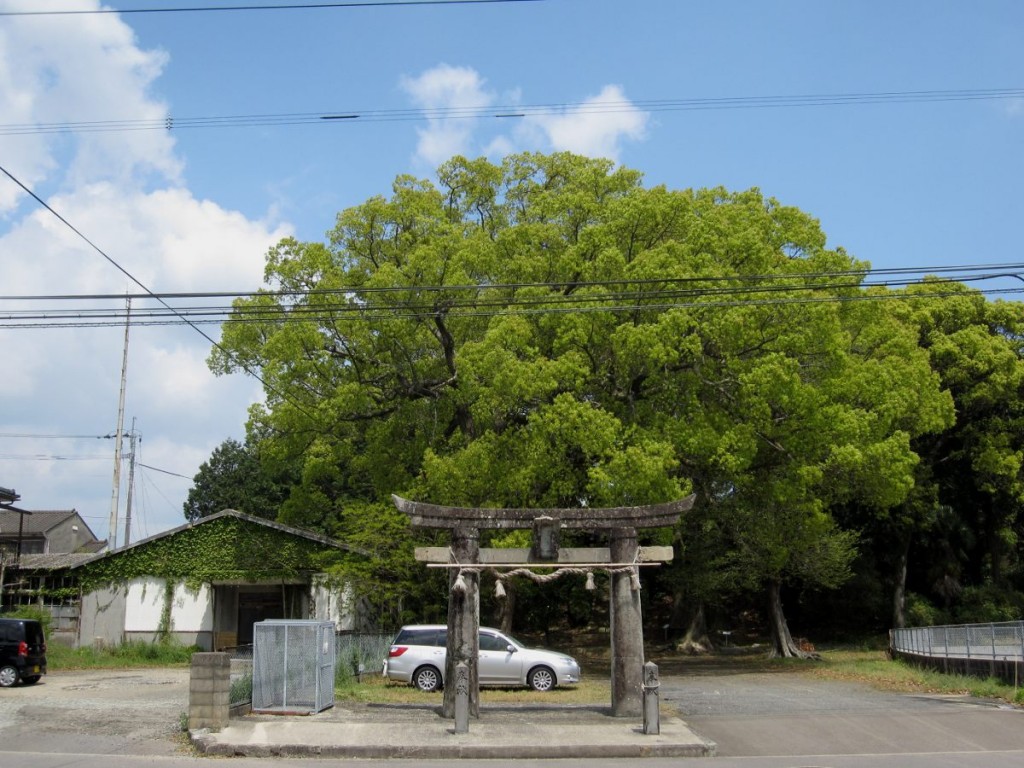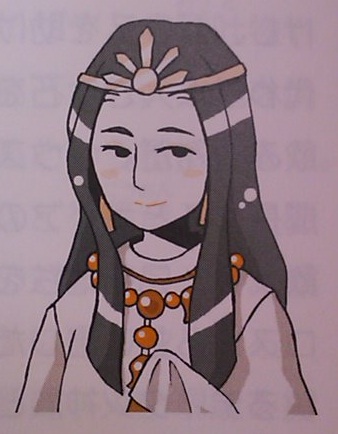This weekend I stumbled on Takeo’s Soga Shrine (武雄市素鵞神社), which is right on the main street of Takeo but appears neglected. It’s certainly such an impressive site that it could use a caretaker, but the honden is obviously a prewar construction, and other than some “historic site” style maintenance from the city there are no signs of human involvement here.

In a sense this is what drew me to the shrine– nature is much a more powerful force here, even viewed from across the street, than humanity could ever hope to be. Check this out. Read the rest of this entry »
Posted: April 24th, 2011 | Japan
In 2009 Adbusters (v. 81) published a letter I had sent them. I learned about this from someone else, but I never looked for it myself because seriously, who over the age of 17 reads Adbusters? Today I finally got a chance to take a look, and discovered that they only printed the first two paragraphs. Now I know how writers all around the world must feel when an uncaring publisher just flat out butchers their work. I’m sure they had the best of intentions, probably they liked my letter but wanted to make room for other letters amongst the mess of their faux-zine design, but still, I’m sufficiently annoyed that I’m going to reprint the entire letter here. Unlike some things that I wrote years ago, I still believe this letter to be mostly accurate.
Read the rest of this entry »
Posted: April 18th, 2011 | Kultur

アマテラス様
All facts from 「日本神話とギリシア神話」 Japanese and Greek Myth by 大脇由紀子 Ōwaki Yukiko (明治書院、2010). All opinions are mine.
- Fact: Japanese did not have a word for “myth” until Basil Hall Chamberlain invented one in 1887. What they instead had was an official history that ranged from cosmic to national in nature. Not even those skeptical of that history borrowed the word “myth” from English; it took a foreigner to do that.
- Opinion: It is thus only natural to wonder, what is the meaning-function of the word “myth”, and why was it not invented in Japanese? In this book, one of the figures mentioned is Empress Consort Iwanohime, simply because she is mentioned in the official histories Nihonshoki and Kojiki. Her life has no supernatural aspect to it.
- Opinion: Japanese Wikipedia suggests the word 神語(り) kangatari was used to refer to myths in the Middle Ages, but a check of academic literature shows that it actually referred to recited poetry, five examples of which can be found here. Also, the true reading appears to be kamugatari. In ancient Greece, indeed, “mythos” was a term used for any recitation. Perhaps our use of the word “myth” is at its very heart a misunderstanding.
- Fact: The author makes a fascinating comparison between Iwanohime and Hera: both individuals were said to have intense jealousy directed not only at their closest relations but at other individuals who associated with them.
- Opinion: Certainly Iwanohime’s jealousy could have served as a cultural standard in the same way that Hera’s jealousy did in Greece. It is fascinating to imagine in this way the world that the writers of Nihonshoki and Kojiki may have lived in. But does that mean Iwanohime was a “mythical” figure, or a god, in the same way that Amaterasu’s story can be pigeonholed as myth? Perhaps it is better to view these figures in the same way the Japanese did: as characters in the official history.
- Fact: The exiled hero Yamatotakeru is shown as wandering all over Japan, much like Odysseus, except that the Odyssey doesn’t fall into the category of “myth” in this book for some reason…
- Opinion: In this book kami is defined as “a word encompassing beings with incorporeal power beyond human knowledge.” Aliens??
- Opinion: I bought this book to learn the full extent of parallels between Japanese and Greek mythology, but it seems like most elements can be dismissed as coincidence. The most confounding parallel is the one any student of mythology should know: the Greek story of the rape of Persephone is extremely similar to the Japanese story of Izanami’s death.
- Fact: When discussing this, the book quotes from Spirited Away (remember Chihiro starting to disappear and eating the food?). Mayhaps Ghibli movies are a better re-presentation of Japanese mythology than anything I could hope to write myself.
- Fact: But the book references Naruto as well…
Posted: April 6th, 2011 | Japan, Secular-Religious
The short version: If you support one of the corporations on this list you are giving aid to a group of professional bullies who pretend to care about whales but are actually solely interested in harassing villagers.
Read the rest of this entry »
Posted: April 5th, 2011 | Japan, Res pueriles


